Speakers
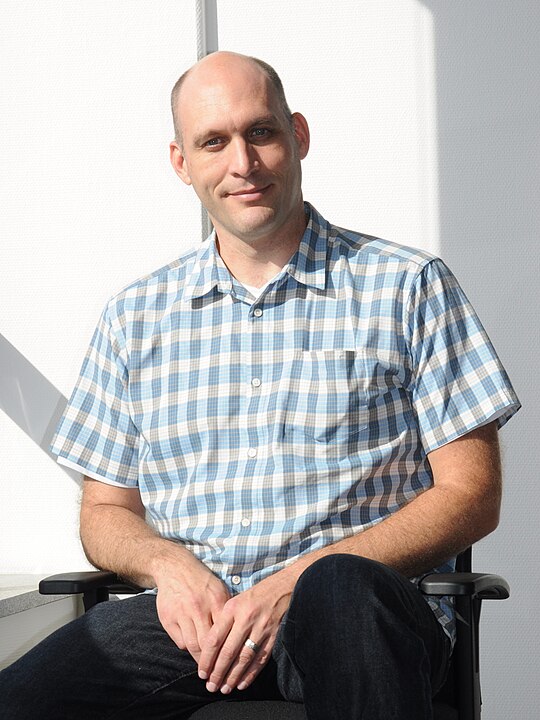
Greg Kroah-Hartman
Linux FoundationThe CRA and what it means for us.
Greg Kroah-Hartman is a Fellow at the Linux Foundation. He is responsible for the stable Linux kernel releases, and is also the maintainer of the USB, driver core, staging drivers, and other portions of the Linux kernel. He spends his time reviewing patches and traveling to conferences to give presentations.
With the ratification of the Cyber Resilience Act (CRA) in Europe, there has been a lot of misunderstanding of what this means for Linux developers, Linux users, and manufacturers of devices with Linux inside of them. This talk will attempt to provide a rough understanding of the issues involved, who is affected, and what this means for everyone in our ecosystem.

Marta Rybczynska
YgrekyElephants in our embedded security room
Marta Rybczynska has PhD in network security, and 20 years of experience in Open Source including 15 in embedded development. She has been working with embedded operating systems like Linux and various real-time ones, system libraries and frameworks up to user interfaces. Her specialties are architecture-specific parts of the Linux kernel. In the last years, she focuses on improving security of Open Source products. She is helping the Eclipse Foundation with security processes for their 400+ open source projects, and also a member of the Security Team of the Yocto Project. In 2024, she founded Ygreky, a company dedicated to making open-source security stronger and more practical. Ygreky equips developers, architects, and tech leaders with top-tier training, expert guidance, and powerful tools to build safer, more resilient embedded software.
Security researchers often assume that embedded developers don’t care about security. But from what Marta hears from her customers - ranging from startups and freelancers to established companies - that’s simply not true. Developers want to build secure products, and managers are increasingly aware of regulations like the Cyber Resilience Act. So why is embedded security still lagging? This talk uncovers the structural barriers holding us back: legacy systems, the late arrival of networking, missing architectural decisions, relentless cost pressures, and more. For each challenge, you’ll walk away with a concrete action to improve security - starting the moment you return from the conference. And no, the Linux kernel CVEs aren’t the real problem.
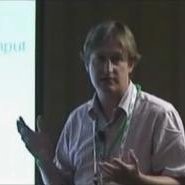
Jean Pihet
New Old BitsCNC and 3D printing: open source all the way!
Jean Pihet runs NewOldBits.com as a freelance software developer, focused on open-source and low level embedded development. The areas of expertise are: Linux kernel, bootloaders, Buildroot / Yocto, HW schematics review and HW rework, secure and fast boot, optimizations.
Can you do 3D Printing and CNC fully open-source? Yes you can! This presentation is about the available resources and tools: host tools (OS, CAD, plug-ins, slicers etc.), machine hardware and firmware. A real use case is described in detail, from a CNC machine with outdated electronics and firmware to a fully open-source solution. A demo is foreseen: creation of a new part in Freecad, generation of the machine code using the host tools and scripts.

Zimuzo Ezeozue
GooglePerfetto profiling & tracing for Upstream Kernel Development
Zim is a Software Engineer with 8 years of experience on Android, specializing in system performance and diagnostic tooling. Drawing from his work on the Android Performance team, Zim is passionate about making powerful tools like Perfetto accessible to the wider embedded Linux community.
Perfetto helps diagnose complex kernel-userspace interactions, yet its use outside Android and ChromeOS isn't common. This talk provides a practical walkthrough for kernel developers to use Perfetto with standard Linux distributions and embedded systems, including those running under QEMU. I'll cover the minimal kernel configs needed and show userland annotations via trace_marker to correlate userspace and kernel events. You’ll get some recipes on how to use the Perfetto web based UI and the very powerful SQL interface. Lastly, you'll get ready-to-use scripts that make Perfetto integration in a QEMU environment straightforward, alongside practical tips for handling resource constraints in embedded environments.
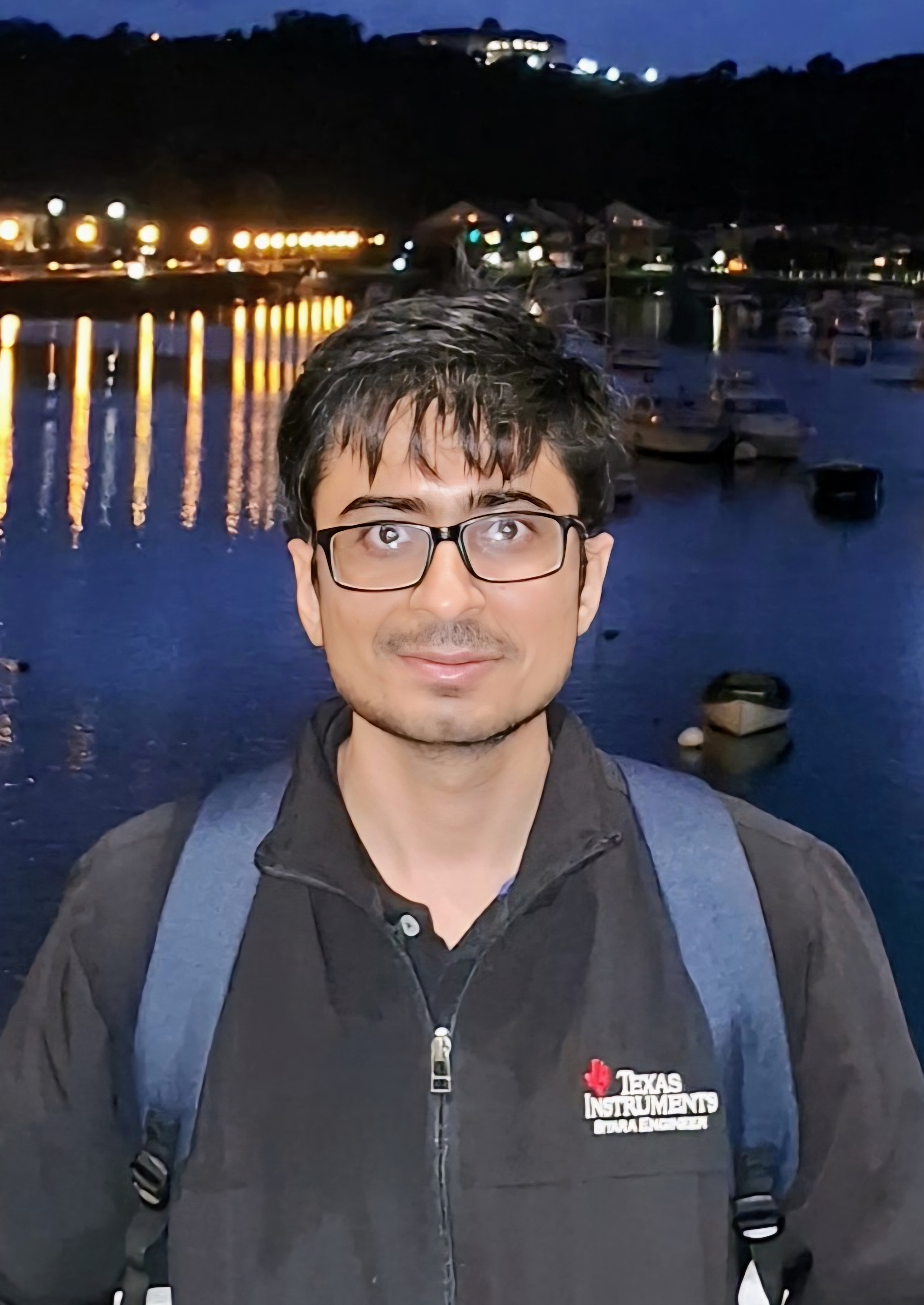
Devarsh Thakkar
Texas InstrumentsFlicker-free transition of display context across various stages from bootloader to user-space
Devarsh Thakkar works as an Embedded Linux developer at Texas Instruments. He has ~12 years of experience in software development ranging from open-source bootloaders to the Linux kernel, middleware frameworks and applications. His expertise lies in Audio/Video related multimedia frameworks, Linux media subsystems, Linux device drivers and applications. He has made contributions to open-source projects such as U-boot , Linux Kernel and Gstreamer and has presented on similar topics in international conferences as well.
Display peripherals play a crucial role in embedded systems as they are the primary means for sharing information and end-user-interaction. The expectation with display is that it needs to come up as early in the boot stages as possible, right after the ROM bootloader and there needs to be seamless transition to different display contexts while kernel is booting up and until main display application takes over. Moreover, a careful handling of the display hardware is required too. Modern MPUs have multiple boot-stages and the control of display hardware, along with a preserved framebuffer needs to be passed over to every stage, to ensure seamless display experience with minimal memory footprint. Adhering to that, displays can first show a brand logo, followed by a boot animation or an OS-bootup progress bar while kernel is booting up, before finally handing off the display control to the end-user application. The talk will cover : - In brief, addition of support for splash screen framework in very first stage of U-boot (which is a widely used Linux based open source bootloader) to enable early display. Previously, U-boot only supported display in last stage (U-boot proper). - Maintenance of display context across different bootloader stages without any display re-initialization, thus preserving memory and avoiding extra processor cycles. - Re-use of bootloader allocated framebuffer memory by Linux kernel to display animated splash screen with progress bar even before Linux kernel loads the display driver. - Different approaches for preservation of Display power and clock domains while kernel is booting up. - Using genpd and sync state API - Using simple-framebuffer - Smooth transition from U-boot SPL splash screen to Early psplash animation while kernel is booting and before display driver is loaded. - Smooth transition to display server after kernel bootup and display driver loading. - Present status of work and open challenges.
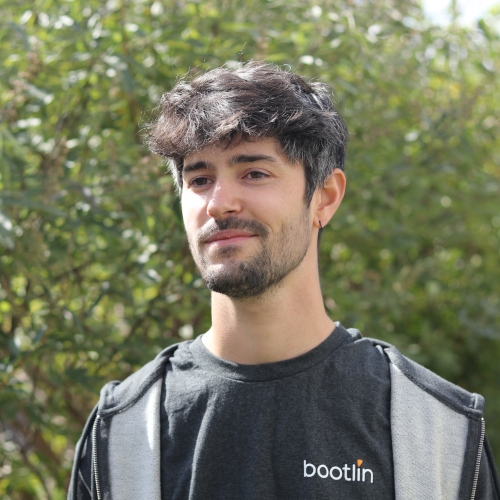
Antonin Godard
Bootlin⚡ Yocto Project and OpenEmbedded: Recent Changes and Future Directions
Antonin Godard is an embedded Linux engineer at Bootlin, working on build systems, BSPs, and system integration. As a maintainer of the Yocto Project documentation, he actively contributes to improving the project's usability and accessibility. With hands-on experience in embedded Linux development, he helps companies build and maintain custom Linux systems.
The Yocto Project and OpenEmbedded form the foundation of many embedded Linux systems, providing a powerful and flexible build system for custom distributions. In this talk, Antonin Godard, embedded Linux engineer at Bootlin and Yocto Project documentation maintainer, will explore recent developments in the project, including key changes in the latest releases, improvements in tooling. Attendees will gain insights into the future roadmap of Yocto/OpenEmbedded and how these changes impact developers and system integrators. Whether you're a long-time Yocto user or just getting started, this session will help you stay up to date with the latest advancements in the ecosystem.
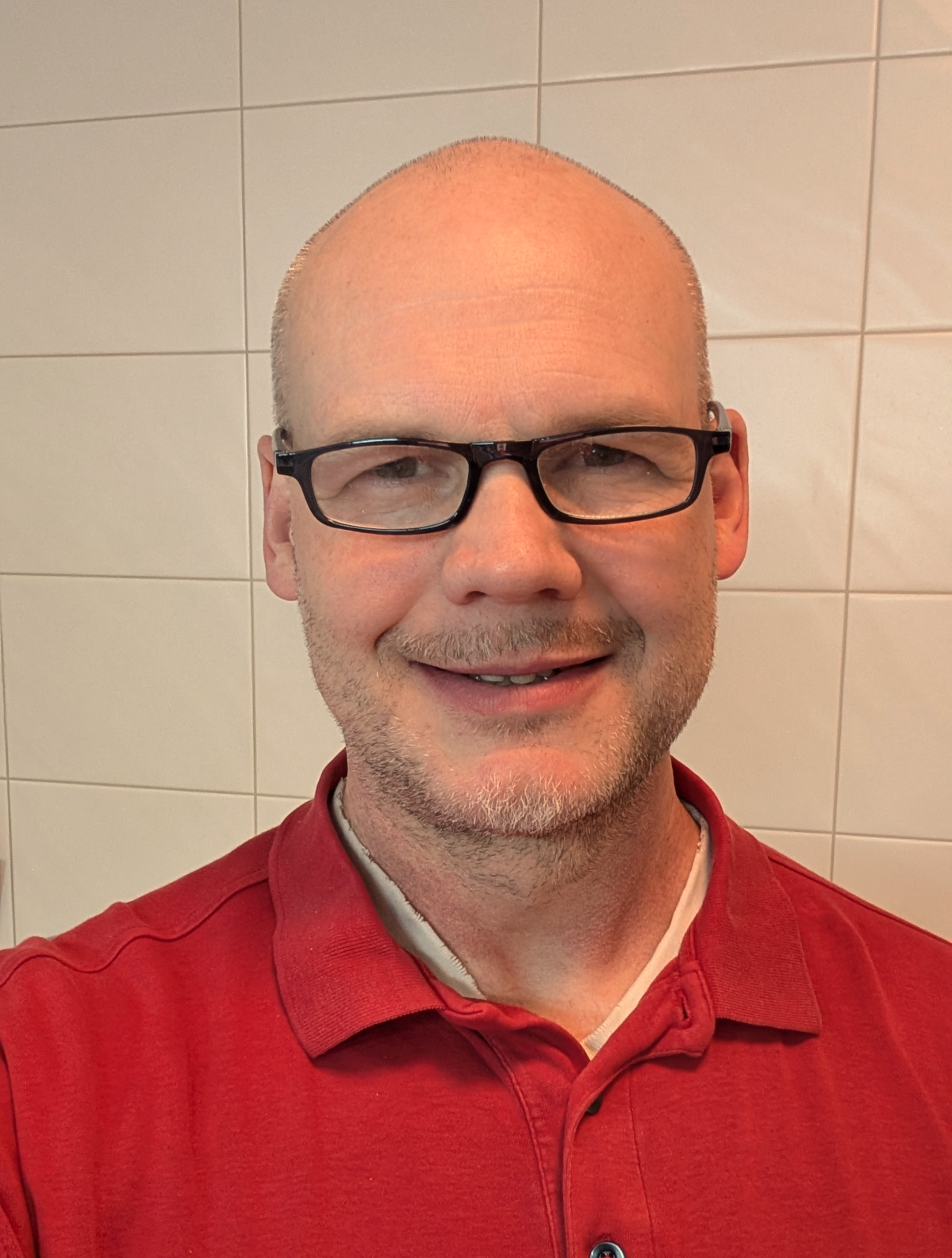
John Ogness
LinutronixWriting Linux Real-Time Applications
John Ogness studied Computer Science at Utah State University (USA) and has been professionally involved with Linux since 2001. He has been working for the company Linutronix GmbH since 2008. There he specializes in Linux-based board support packages, real-time applications, and training. He is also maintainer of the Minicoredumper project. In the past, he developed software for security applications and autonomous robots.
Real-Time support for Linux has been available for nearly two decades and is even part of the mainline kernel since Linux 6.12. But how do you write real-time applications for Linux? This talk provides an overview of the fundamental concepts of PREEMPT_RT (from a userland perspective) as well as insight into designing and implementing real-time applications. A new upcoming Runtime Verifier (RV) monitor for real-time applications is introduced that can identify patterns of incorrect behavior. This new RV monitor was recently used to detect issues within PipeWire's implementation. Those issues and their solutions will be shown, illustrating the importance of understanding PREEMPT_RT.
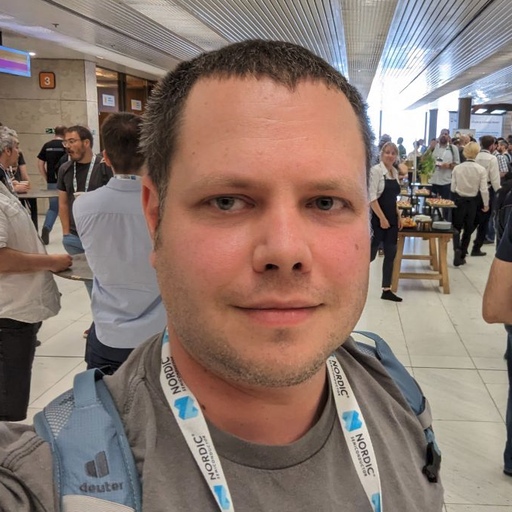
Oleksij Rempel
PengutronixPersistent Shutdown Reasons & Hardware Protection: Making Embedded Systems More Resilient
Oleksij Rempel is an embedded Linux developer and part of the kernel hacker team at Pengutronix. With experience in automotive infotainment systems and now working primarily with agricultural and industrial devices, he focuses on diagnostics, networking, and system reliability in embedded environments. Even though he is not directly involved in hardware development, his passion lies in understanding system behavior, debugging complex failures, and ensuring reliable communication between embedded devices.
Embedded systems frequently experience hardware protection events such as undervoltage, overcurrent, and thermal shutdowns, leading to unexpected resets, data corruption, and even hardware failure. However, in many cases, the system does not persistently record the cause of a shutdown or resets, making it difficult to analyze and diagnose failures in the field. Traditional logging to NAND or eMMC is often unreliable in power-critical scenarios due to the risk of sudden power loss, storage wear-out, or corruption. To address this, the Power State Change Reasons Recording (PSCRR) framework enables embedded systems to persist shutdown reasons in alternative non-volatile storage, such as EEPROM, RTC scratchpads, or NVMEM-backed solutions. This talk presents the current state of PSCRR, the challenges encountered, and ongoing efforts to improve power-fault diagnostics in embedded Linux.

Marek Vasut
ConsultantSafe update of firmware blobs in bootloader stack
Marek is an embedded systems consultant, with primary focus on upstream U-Boot bootloader, Linux kernel and OpenEmbedded. Recently, Marek has been working on hardware assisted testing instrumentation for various embedded system components to improve long term maintainability.
Contemporary bootloader stacks are increasingly interleaved by assorted firmware blobs. These blobs often run in the highest privilege levels available in the system. Some of these blobs provide firmware ABI used by follow up software layers, like the U-Boot bootloader or the Linux kernel. Such an ABI exposes an attack surface and therefore turns the blobs into security sensitive software components which have to be safely updateable. However, the firmware ABI in various downstream vendor BSPs is not necessarily stable and not necessarily compatible with mainline expectations of the matching ABIs, which makes updates difficult, dangerous, or otherwise complicated. With the upcoming CRA, ability to update all security-sensitive components will be a strong requirement. This talk covers three key topics. Replacement of external bootloader stages by U-Boot, which provides the necessary facilities to boot and update firmware blobs in a well defined manner. Details of the mechanism used for booting firmware blobs like TFA or OpTee-OS, which provide PSCI and SCMI interfaces, from U-Boot as part of a fitImage container. U-Boot boot time optimization and attack surface reduction by starting both the firmware blobs and Linux kernel directly from U-Boot SPL using Falcon Boot mode.

Tim Bird
SonyStatus of Embedded Linux
Tim Bird is a Principal Software Engineer for Sony Corporation, where he helps Sony use Linux and other open source software in their products. Tim is a long-time embedded Linux developer, having worked with Linux for almost 30 years! Tim is also involved with various Linux Foundation projects, including being a member of the LF board of directors, and he created and continues to run the Embedded Linux Conference. He once heard himself described at an event as "the global CEO of embedded Linux".
In this talk, Tim will give an overview of updates with Linux in the embedded space from the past year. Tim will discuss recent developments in the Linux kernel that are of interest to embedded developers, which may include topics such as networking, tracing, Real-time, Rust in the kernel, power management, security, testing, and more. Tim will also mention community, industry and legal news related to Linux and embedded systems. This may include things like the recent hot discussions on LKML, projects at the Linux Foundation, and the status of tools and distros used in embedded. It is hoped that through this talk, developers can learn about changes to the kernel, or initiatives in the industry that might benefit their own embedded Linux development.

Maxime Ripard
Red HatFunctional Safety and Linux
Maxime Ripard is a Linux kernel developer specializing in graphics, display subsystems, and ARM-based SoCs. A member of the DRM (Direct Rendering Manager) maintenance team, he has made significant contributions to the graphics stack and upstream kernel development. He previously served as a maintainer for Allwinner SoCs and has worked extensively on drivers for platforms like Allwinner and Raspberry Pi, actively contributing to the open-source community.
While Linux has historically powered non-safety-critical automotive workloads, its role is evolving towards a central automotive OS. This talk explores the challenges and strategies for achieving functional safety with Linux, specifically addressing ISO 26262 requirements. We will first unpack what ISO 26262 defines as 'safe'. Notably, various vendors contributing to this evolution are pursuing significantly different approaches. We'll examine these diverse approaches and demonstrate how existing Linux technologies can be leveraged to build robust, safety-compliant automotive platforms.

Olivier Tilloy
IgaliaSteamOS and its impact on the Linux Ecosystem
Olivier Tilloy recently joined Igalia where he puts his software development, integration and packaging experience to good use in the Core team. He is currently working full time on an exciting cross-team project commissioned by Valve to make SteamOS a world-class gaming platform. He thoroughly enjoys being part of a cooperative where open source expertise and technical excellence are on an equal footing with human values and quality of life.
SteamOS, Valve's Linux based OS, is more than just the foundation of the Steam Deck: it has become a driving force behind several advancements in the world of gaming on Linux. Designed to give Valve greater control over the gaming experience, SteamOS has also led to significant contributions to the broader Linux ecosystem, from kernel improvements to better hardware support and system optimizations. With a strong upstream-first approach, SteamOS has benefited multiple open source projects, both directly and indirectly. In this talk, I'll explore some of these contributions, focusing on work done by my colleagues at Igalia and myself. We'll cover enhancements in kernel subsystems, disk encryption, and other integration efforts that are helping shape the future of gaming on Linux.

Anna-Lena Marx
InovexBuilding Trust - Use Cases and Implementation of TPM 2.0 in Embedded Linux Systems
Anna-Lena Marx has been working as an Embedded Systems Developer at inovex since 2015 and holds a Master's degree in Embedded Systems. As a hobby, she also studies Electrical Engineering. Professionally, Anna-Lena focuses on the development of Embedded Systems based on Yocto or the AOSP, kernel drivers, IoT, and organizing the Embedded Systems department. She is also involved in Girl's Day to get young girls interested in technical careers.
As embedded systems become increasingly interconnected, the demand for robust platform security and integrity has surged. Trusted Platform Modules (TPM), currently in version 2.0, are becoming increasingly beneficial for enhancing security in embedded systems. TPMs provide hardware-backed mechanisms for critical functions such as random number generation, cryptographic key generation, key binding and data sealing. This presentation will explore the capabilities of TPM 2.0, focusing on several practical use cases, including: - Providing a unique and persistent serial number for device identification. - Supporting secure boot mechanisms to establish a reliable chain of trust. - Encrypting user data without the need for user passwords. - Managing application credentials securely. Additionally, we will discuss the integration of TPM 2.0 within Yocto-based embedded systems and present strategies for automated provisioning, highlighting how these elements work together to enhance overall system security.
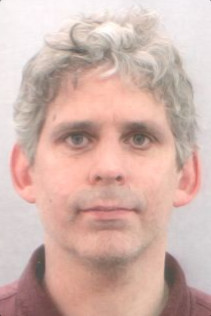
Wolfram Sang
Renesas⚡ I3C - the better I2C?
Wolfram became a Linux Kernel developer in 2008. He currently maintains the I2C subsystem and works as a consultant and mentor, mainly for the Renesas Upstream Kernel Team. Programming since his childhood, he still hacks his machines from the 80s, especially the C64. When not using computers, he is interested in ecological topics, enjoys cooking and tries to keep his Japanese alive. He likes to give talks and has done so at various conferences all around the world, mostly about kernel topics.
Announced in 2014 and first specification released in 2017, I3C has been around for a while. The self-proclaimed successor of I2C wants to overcome old limitations whilst adding new features on top. However, most embedded Linux engineers have not been in contact with this technology so far, although there is support for it in the Kernel since 2017. This is also true for the author of this talk who was given the task to upstream an I3C controller driver for a Renesas SoC in late 2024. Despite his experience with I2C (being the maintainer of that subsystem), I3C was quite a different world to enter. Where to get information? Where to find devices? How to test? Why is it hardly known? This talk is basically my travel report. I will present my discoveries, share my experiences, and tell you about my observations about the current state-of-affairs. So, I3C will be a better known and understood territory for fellow travellers afterwards.

George Kiagiadakis
CollaboraPipeWire and Bluetooth: the road to LE Audio
George Kiagiadakis is a principal software engineer at Collabora, with over 14 years of experience in open source and embedded multimedia projects in particular. He is the author and maintainer of WirePlumber, a modular session manager for PipeWire, and has worked extensively with - and contributed to - both PipeWire and GStreamer. George has also contributed to Automotive Grade Linux (AGL) and various other FOSS projects in the past, most notably including Telepathy, Debian and KDE.
PipeWire is a multimedia IPC framework that enables accessing media devices and bridging content between applications with a simple but powerful graph-based abstraction and built-in utilities. It has become the standard audio server on modern Linux systems, also providing access to camera devices and screen-sharing services for Wayland compositors. One of PipeWire’s interesting features is its integration with BlueZ, the Linux Bluetooth stack, implementing connection to Bluetooth audio devices. Having achieved becoming the best Bluetooth audio implementation on Linux in a matter of months, a few years ago, it has also more recently gained support for the new Bluetooth LE Audio standard, whose adoption is growing fast! In this talk, George will provide background on Bluetooth audio and discuss the new LE Audio standard, covering recent developments and the current status of PipeWire’s support for Bluetooth audio features, as well as what we may expect to see in the near future.

Kieran Bingham
Ideas on Board⚡ libcamera: Past Present Future
Kieran Bingham is an embedded software engineer working with Ideas on Board and specialising in Linux kernel developments with a focus on media related subsystems. Kieran has worked with embedded Linux systems for over 19 years through professional service companies and silicon vendors and now focuses on upstream-first projects. He has previously presented at the Embedded Linux Conference, Automotive Linux Summit, FOSDEM, and Linaro Connect.
libcamera has been in development for 6 years, working towards providing camera support on Linux. Now with more platforms supported, and expanding camera sensor support, libcamera also includes a sofware ISP — enabling cameras to function even on platforms where the hardware ISP lacks Linux support from the manufacturer. This talk will share an overview of what has been achieved, what topics are actively in progress and what goals are on the road map ahead. From platform support to tuning tools, the audience will learn how they can retake control of their cameras with free software.

Martín Abente Lahaye
Igalia⚡ Yocto's hidden gem: OTA and seamless updates with systemd-sysupdate
Martín is a Software Engineer from Paraguay, Open Source contributor for the GNOME project and part of the Core team at Igalia.
Updates are a critical piece of managing your fleet of devices. Nowadays, Yocto-based distributions can utilize layers for well-established update mechanisms [1]. But, did you know that recent releases of Yocto already come with a simple update mechanism? Enter systemd-sysupdate: a mechanism capable of automatically discovering, downloading, and installing A/B-style updates [2]. By combining it with tools like systemd-boot, we can turn it into a comprehensive alternative for common scenarios. In this lightning talk, we will briefly introduce systemd-sysupdate, show how it can be integrated with your Yocto distribution, and share thoughts on how it can be improved further. [1] https://wiki.yoctoproject.org/wiki/System_Update [2] https://www.freedesktop.org/software/systemd/man/latest/systemd-sysupdate.html
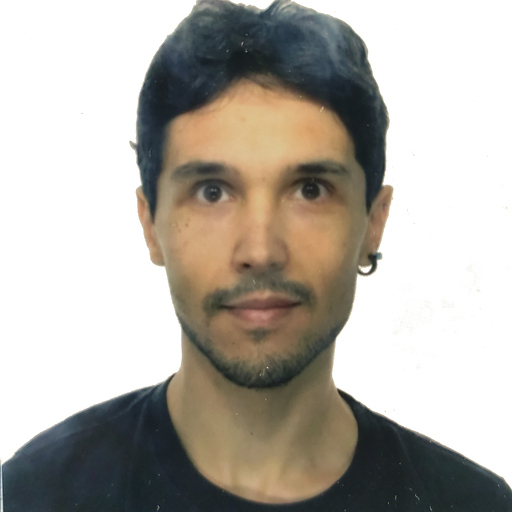
Valerio Setti
BayLibre⚡ Zephyr and cryptography
Valerio joined BayLibre in 2022 and since then he’s been extensively working with the Mbed TLS team to help them follow their roadmap. Since 2024 he’s also a collaborator for the Zephyr’s project for the crypto topics which include Mbed TLS integration, TF-M and crypto drivers and he’s also BayLibre representative at Zephyr’s TSC.
Among the large variety of RTOS available in the market, Zephyr emerged in recent years thanks to the continuously increasing number of features and its open source approach. It’s not just an OS, but it’s a complete solution that includes everything you need for an embedded project. Apart from the kernel which is of course the core part, there’s a multitude of drivers, compilers, architectures and boards which are already supported and it’s easy to port it to new ones. But what makes it unique among competitors is the large variety of subsystems which are already included (such as networking, storage, graphics and, last but not least, cryptography!) so that you don’t need to rely on any 3rd party provider to get started. This talk will start from an overview of the Zephyr architecture showing similarities with the embedded Linux scenario. Then the focus will shift toward security aspects of this OS (Mbed TLS, TF-M, McuBoot) which are essential for a secure IOT device.
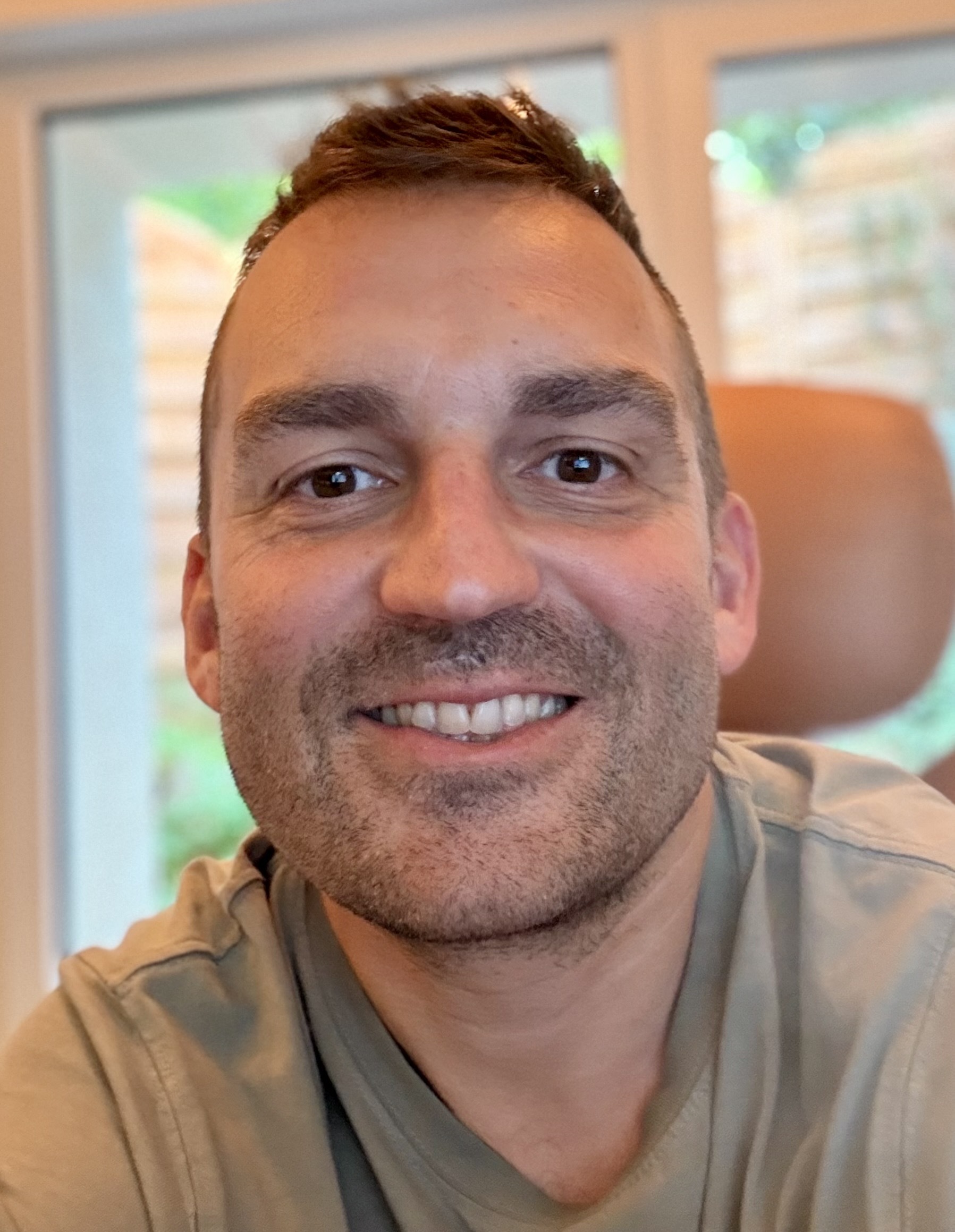
Christophe Conil
Save-My-Planet.orgAI-Accelerated Development: Practical Applications for Embedded Systems Engineers
With over two decades of embedded systems expertise, Christophe Conil brings a unique blend of technical depth and environmental passion to this presentation. Navigating between embedded engineering, kernel, virtualization, frontend and backend development. His work with BayLibre spans multiple cutting-edge projects, fueled by an insatiable curiosity and energy to explore new technologies. At Save-My-Planet.org, Christophe leads a determined team, developing innovative home automation solutions with a singular mission: halving household electricity consumption without sacrificing comfort. The company is creating multiple smart-home products backed by research rather than marketing hype. These solutions not only reduce energy waste but pay for themselves through utility savings, showing commitment to making environmental responsibility both accessible and economically advantageous.
This talk examines how using AI tools (focusing on Claude Code) can shorten development cycles for hardware-focused embedded software projects. Drawing from real-world experience creating products at Save-My-Planet.org, we'll explore the ecosystem built on ESP32 microcontrollers with various sensor arrays, communicating over MQTT, and interfacing with a Dart Flutter mobile application for monitoring and control. Using concrete examples from the development workflow, we'll show how assistance from AI tools can transform traditional bottlenecks in embedded systems development: The presentation will include technical deep-dives showing how AI can help developers to understand new code, streamline test development, maintain consistency across a large codebase, identify undiscovered bugs, and help create code when designing new components: tasks that traditionally require disproportionate effort for limited added value. Leveraging tool creation with AI is particularly powerful: specialized utilities that solve specific development challenges typically require significant engineering resources and are often postponed or cancelled. We'll also address the appropriate boundaries for AI assistance in reliability-critical embedded systems with practical guidelines for determining which tasks to delegate while keeping engineers in control of the core decisions.

Kevin Hilman
BayLibreER2025 Opening & Welcome
Kevin is the co-founder and CTO of BayLibre, and embedded software consultancy focused on low-level systems software like Linux, Zephyr, and trusted firmware, as well as GCC and LLVM toolchains. Kevin's primary interest in Linux has been in the various subsystems related Power Management, with a pariticular focus on Arm SOCs. Kevin is also part of the BayLibre team which organizes Embedded Recipes.
A quick intro, welcome and overview of ER2025
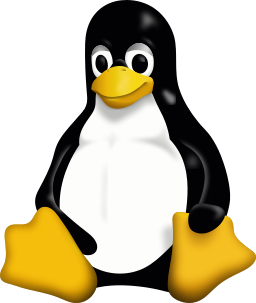
Ahmad Fatoum
PengutronixOpenPGP Key signing
Various PGP users
OpenPGP Key signing
